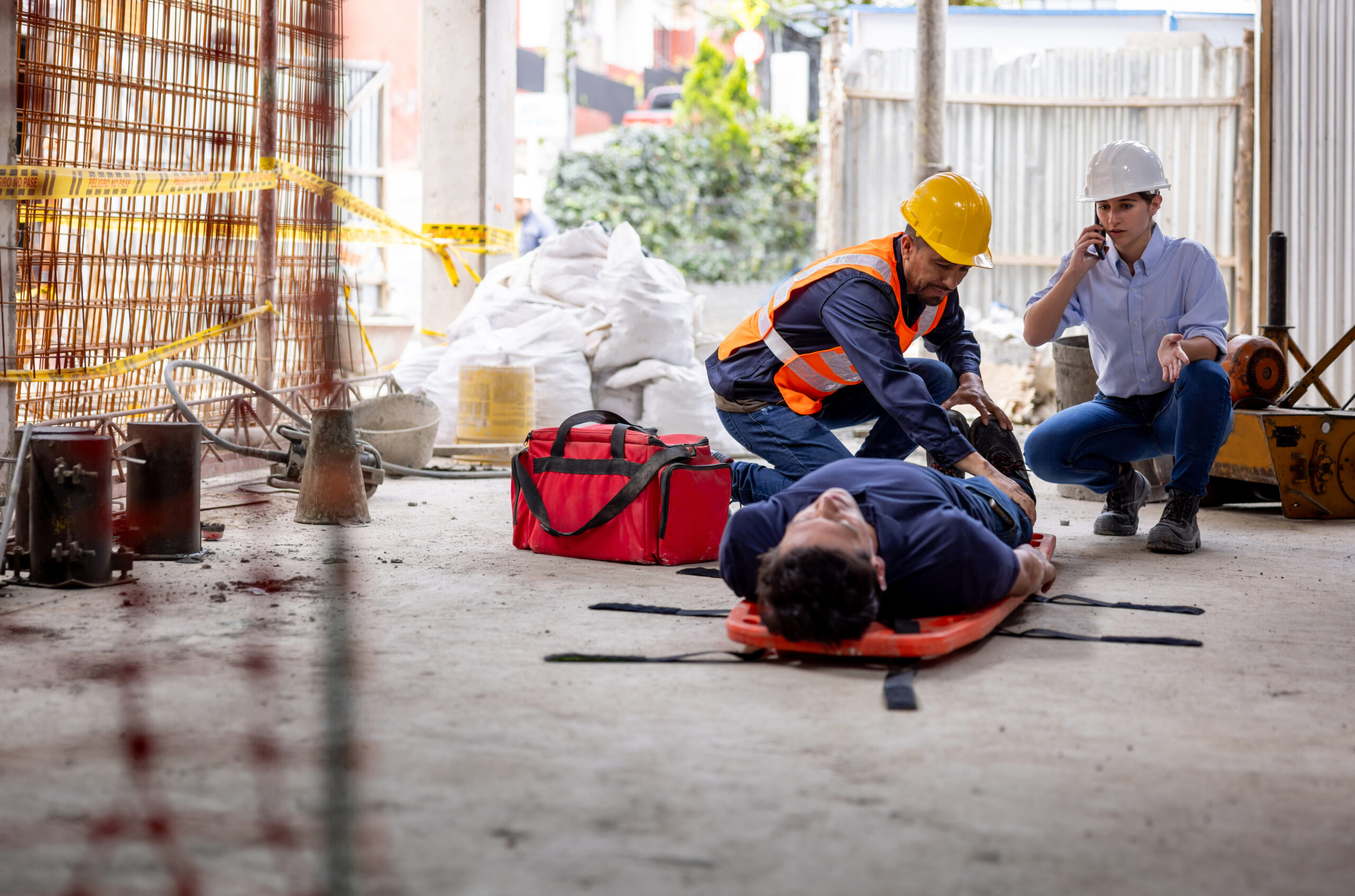When Routine Becomes Tragedy: Investigators Weigh In on 79-Year-Old’s Death at Work


On an early October morning on the south side of San Antonio, a 79-year-old worker at a manufactured-home dealership lost his life in a workplace incident now under federal investigation. Federal safety officials are probing the fatal event at the company to determine whether safety protocols were followed and whether broader hazards exist.
The Incident Unfolds
Around 5:00 a.m., the employee arrived at the site of Palm Harbor Homes (Elmendorf, Texas) and opened the facility’s gate. Shortly thereafter, his pick-up vehicle began to roll backward, and when he attempted to re-enter the cab to stop the motion, he fell out. The truck then rolled over him, resulting in blunt force and crushing injuries from which he did not survive. He was able to call 911, but was pronounced dead at the scene. The coroner classified the manner of death as accidental.

Why Safety Regulators Are Involved
The Occupational Safety and Health Administration (OSHA) has opened an investigation to determine whether the dealership complied with workplace safety requirements. Given the fatal outcome and the circumstances—an older worker, vehicle motion, possible lack of safeguards—the incident raises questions about vehicle immobilization procedures, worker supervision, training, and hazard recognition.
What This Means for Safety Practitioners
From a health and safety perspective, this case highlights several critical issues relevant to workplace professionals:
- Vehicle motion control: Any operation where vehicles are parked, gates are opened, or workers are in proximity to vehicles must evaluate vehicle restraint, blocking, and worker-positioning hazards.
- Older worker dynamics: At 79 years of age, the worker’s mobility, reaction time, vision, and physical strength may have been more limited than younger coworkers. A risk assessment should consider demographic factors and task suitability.
- Early-morning operations: The incident occurred pre-dawn, when visibility, alertness, and staffing may be sub-optimal. Fatigue, reduced supervision, and fewer personnel could compound hazards.
- Employer hazard assessment obligations: The employer must assess hazards inherent in routine tasks, even those that seem benign, like opening a gate, and ensure controls are in place: physical restraints, safe work practices, training, and emergency response.
- Regulatory exposure: With OSHA’s investigation active, employers should review their procedures for preventing employee contact with moving vehicles, ensure safeguards (such as wheel chocks, parking brakes, gate-locking mechanisms, worker-lockout procedures) are in place, and rectify gaps before a serious event occurs.

Final Word: Prevention Before Response
This tragic event serves as a sober reminder that workplaces deemed low-hazard (such as a dealership or an early-morning shift gate opening) can nonetheless house fatal risks when controls are absent or insufficient. For practitioners in the safety and health community this is an opportunity to review their own vehicle-movement policies, specifically where older employees, early-hour work, or moving equipment are involved. Proactive hazard recognition and control implementation remain the strongest safeguard.
Blog Posts
Latest Posts
Related Posts




